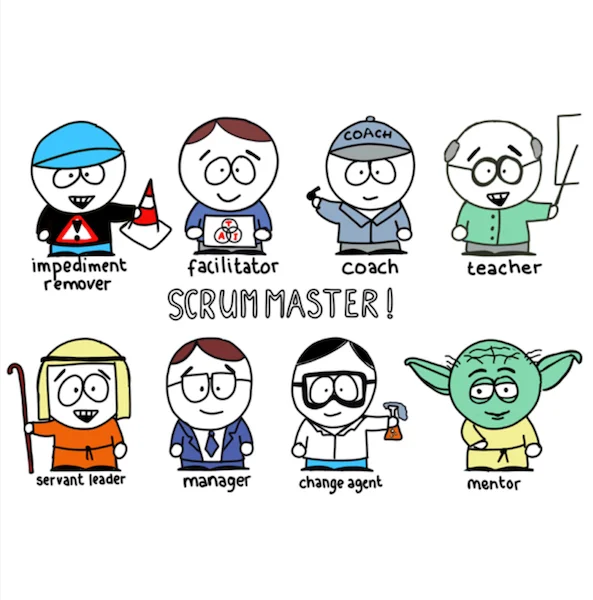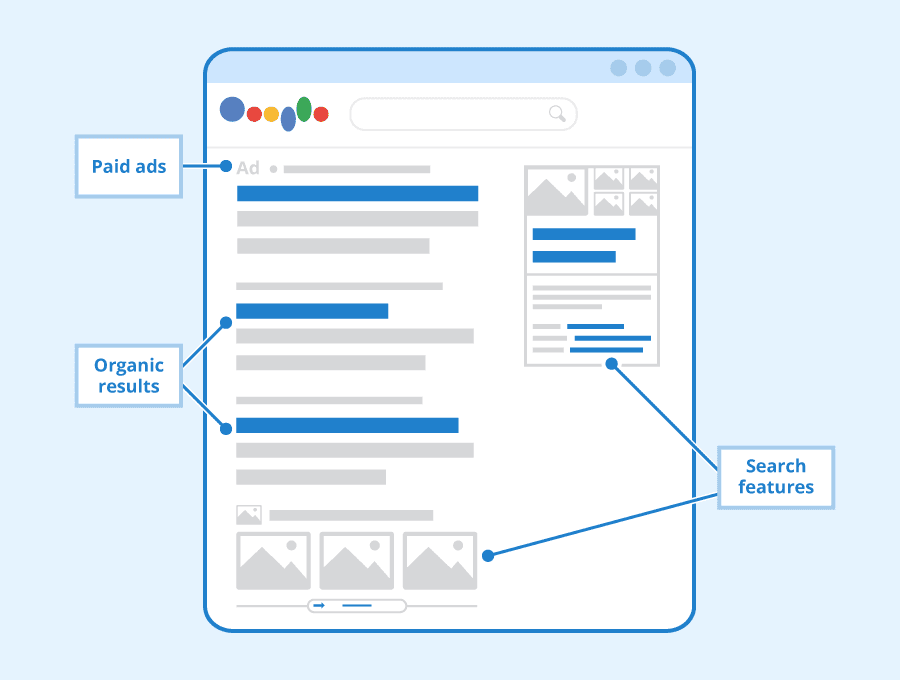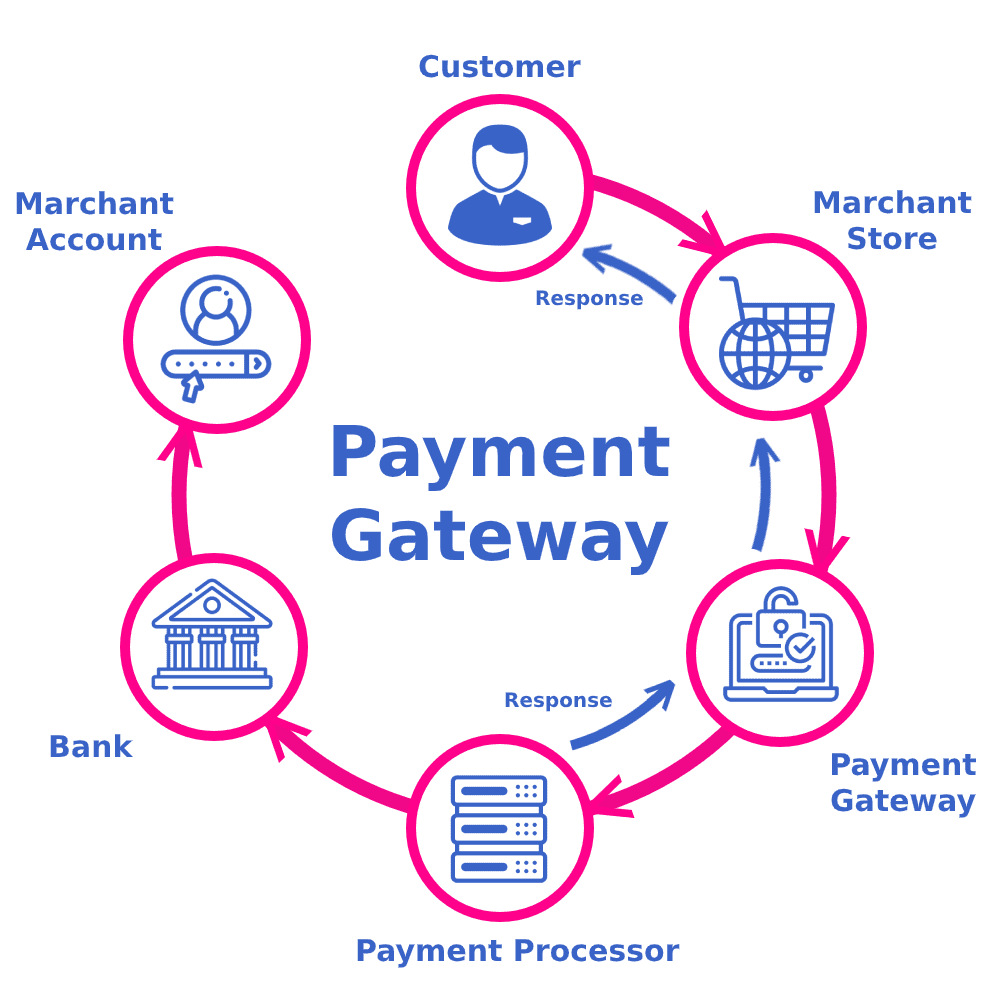Project Managers vs Product Managers vs Product Owners: A Comprehensive Guide for Small Business Website Design and Management
Project Managers vs Product Managers vs Product Owners:
In the realm of small business website design and management, the roles of Project Managers, Product Managers, and Product Owners are often discussed, yet sometimes misunderstood. These roles are crucial for the success of any digital project, but each has distinct responsibilities and focuses. Understanding the differences and how they relate to your small business can help you optimize your team’s performance and achieve your website goals effectively.
Project Managers vs Product Managers vs Product Owners
Project Managers: The Executors
Role and Responsibilities
First and foremost, Project Managers are the executors. They are responsible for planning, executing, and closing projects. Their primary focus is on meeting specific project objectives, timelines, and budgets. Project Managers ensure that all project tasks are completed on time and within scope. They coordinate between different team members, manage resources, and handle any issues that arise during the project lifecycle.
Key Skills
Project Managers need to have strong organizational skills, excellent communication abilities, and a keen eye for detail. Additionally, they must be adept at risk management and problem-solving. In the context of small business website design, a Project Manager would ensure that the website is developed on time, within budget, and meets the initial specifications.
How They Add Value
For small businesses, having a dedicated Project Manager can make a significant difference. They provide structure and accountability, ensuring that projects stay on track. This is particularly important in website management, where delays or budget overruns can impact your online presence and customer engagement.
Project Managers vs Product Managers vs Product Owners

Project Managers vs Product Managers vs Product Owners
Product Managers: The Strategists
Role and Responsibilities
On the other hand, Product Managers are the strategists. They focus on the overall vision and strategy for a product. This involves understanding customer needs, defining the product roadmap, and working closely with the development team to ensure that the product aligns with market demands. Product Managers are responsible for the product’s success throughout its lifecycle, from conception to launch and beyond.
Key Skills
Product Managers must possess strong analytical skills, a deep understanding of the market and customer behavior, and the ability to communicate a clear vision. They should also be skilled in prioritization and decision-making. In the context of small business website design, a Product Manager would ensure that the website not only looks good but also meets the needs of your target audience and aligns with your business goals.
How They Add Value
For small businesses, a Product Manager can help ensure that your website delivers real value to your customers. They can identify key features that will set your website apart from competitors and help drive business growth. By focusing on the big picture, Product Managers help align your website strategy with your overall business objectives.
Project Managers vs Product Managers vs Product Owners
Product Owners: The Bridge
Role and Responsibilities
Then, there are Product Owners, who act as the bridge between the development team and the stakeholders. They are responsible for defining the product backlog, prioritizing tasks, and ensuring that the development team understands the requirements. Product Owners work closely with both the Product Manager and the Project Manager to ensure that the product development aligns with the strategic vision and is executed efficiently.
Key Skills
Product Owners need to have excellent communication skills, a strong understanding of agile methodologies, and the ability to balance stakeholder demands with team capabilities. They must be adept at managing the product backlog and making tough prioritization decisions. In the context of small business website management, a Product Owner would ensure that the website development team focuses on the most critical features and functionalities that will deliver value to your customers.
How They Add Value
For small businesses, a Product Owner ensures that your website development process is efficient and aligned with your strategic goals. They help bridge the gap between what your business needs and what the development team delivers. This ensures that your website evolves to meet changing customer needs and market conditions.
How These Roles Intersect in Small Business Website Design and Management
Collaborative Success
In small business website design and management, these roles often intersect and collaborate. A successful website project requires clear strategy (Product Manager), efficient execution (Project Manager), and effective prioritization (Product Owner). By understanding the distinct responsibilities and skills of each role, you can build a well-rounded team that drives your website’s success.
Real-World Application
For example, when launching a new feature on your website, the Product Manager would first identify the need for the feature based on market research and customer feedback. The Product Owner would then prioritize this feature in the product backlog and ensure that the development team understands the requirements. The Project Manager would oversee the execution, ensuring that the feature is developed on time and within budget.
Benefits for Small Businesses
By leveraging these roles effectively, small businesses can ensure that their websites are not only well-designed but also strategically aligned with their business goals. This can lead to improved customer satisfaction, increased online visibility, and ultimately, business growth.
Project Managers vs Product Managers vs Product Owners
In the End,
Understanding the distinct roles of Project Managers, Product Managers, and Product Owners is crucial for the success of small business website design and management. Each role brings unique skills and perspectives that, when combined, can drive your website project to success. By optimizing your team structure and leveraging these roles effectively, you can ensure that your website not only meets but exceeds your business objectives.
Remember, a well-designed website is more than just a digital presence; it’s a strategic tool that can help you achieve your business goals. Therefore, investing in the right team and understanding these roles can make a significant difference in your small business’s online success.
Always be kind,
#ThePragmaticTechie
By Frank Joseph Rodgers



















